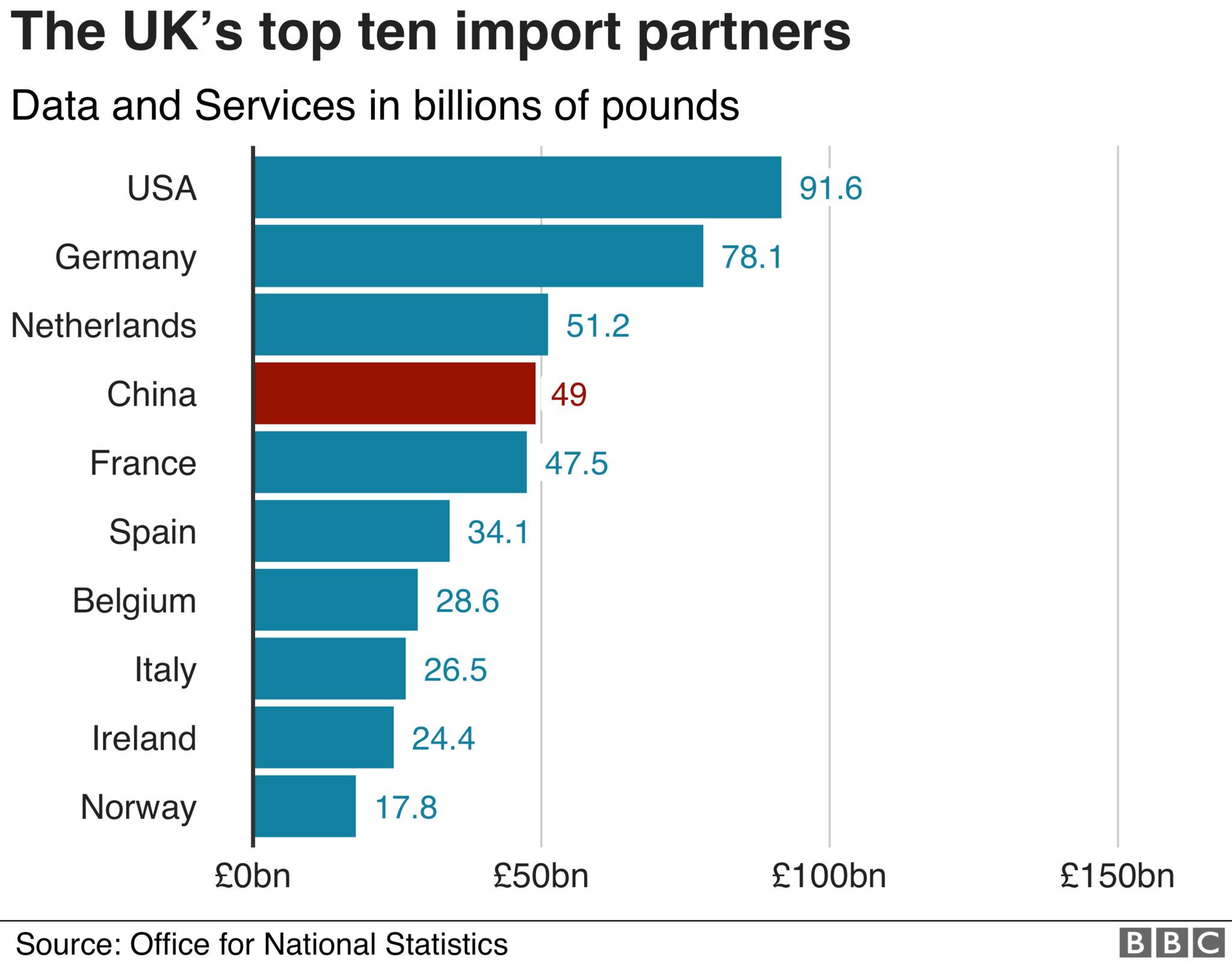For decades Australians have been told that our country’s economic destiny lies in Asia. A glance at the trade figures suggests that this call has been heeded. In 2023, eight of Australia’s top 10 export markets were in the region. But you don’t have to scratch far beneath the surface to see that Australia’s economic ties to the region are, with some exceptions, transactional and even fragile.
After years of talking about “engagement” with Asia, we need to start asking ourselves some deeper questions about how we advance our prosperity in the region.
Currently, a third of Australia’s exports go to one market – China – and the weight of that trade is mostly carried by a few key commodities. In relative terms, we don’t invest much in the region and the region does not invest much in us. Most Australian companies are still more comfortable operating in traditional – and now very mature - markets in the United States and Europe, rather than in Asia.
The fact that Canberra felt it necessary to launch yet another strategy to deepen the country’s economic ties to the region – this time focused on South-East Asia – underlines how Australia still punches below its economic potential in the continent. Long-time partisans of deeper Australian engagement in Asia would no doubt agree. But this framing has also become part of the problem, suggesting as it does some folksy, soft-centred motivation for our economic ties to the region – unlikely to sway the unconverted in Australia’s business community.
The truth is that unless we put down deeper economic roots in the world’s most important region – now accounting for two-thirds of global growth – we put our future prosperity at risk. This is more urgent than ever because as Asia’s global economic centrality has grown, the competition for its finite economic opportunities has intensified. It would be ironic if, having “discovered” Asia a long time ago – and “re-discovered” it repeatedly over the years – Australia loses out to cannier and sharper-elbowed competitors from around the world, some of whom we count as allies.
To avoid this fate, we need to ask ourselves some fundamental questions about how we advance our economic interests in the region. Here are five to start with.
Has Australia inadvertently become more difficult to do business with?
As a smaller and more regulated market, we need to work harder than other countries to attract trade and investment. But are we making it harder on ourselves through a range of ostensibly unrelated policies and regulations on things like immigration, energy and foreign investment whose net impact is to undercut our economic potential in Asia?
Are we making full use of our long-standing, natural advantages to deepen economic ties with Asia?
These include temporal and geographic proximity; large diaspora communities that should make it easier to do business; and long-standing diplomatic ties that have been across the region. We have, for example, long talked about working with the large Asian-Australian and diaspora communities to promote trade and investment – indeed, it is part of the government’s South-East Asia strategy. Yet finding practical and creative ways to do this still seems to elude us. Moreover, these groups remain under-represented in our debates and decision-making on our ties to the region.
Are we sabotaging our most successful service export to Asia – higher education?
The government’s recent decision to impose student caps, if applied clumsily, risks the benefits this export delivers to our universities and the broader economy. But so does under-regulated and unreflective growth of the sector, threatening our reputation as a quality education provider internationally while undermining the industry’s social licence domestically. Universities will, for example, point to the soft-power benefits of our education exports – but are we really doing all we can to connect with international students when they study here?
Are we failing to build real economic partnerships in the region?
Successive Australian governments have opened economic doors across the region through free trade agreements. But many Australian businesses seem reluctant to exploit these openings, reflecting a domestic culture that is, with exceptions, risk-averse and focused on short-term returns.
How do we reconcile our prosperity and security in Asia?
The geostrategic changes in the region that will shape our security, including a more assertive China, cannot be wished away. But nor can we ignore the hard financial realities that will constrain efforts to diversify trade and build economic and supply chain security.
The Australian government has rightly called for a whole-of-nation effort to meet the security challenges and realise the economic opportunities in Asia. However, that also requires regular whole-of-nation conversation. It is why Asia Society Australia joined with the Australian Financial Review to establish the Asia Summit, bringing together government and business leaders – and experts from Australia and the region – to interrogate, discuss and debate the questions raised above, and others like them. Without that conversation and the practical ideas that will come from it, Australia’s destiny in the region is unlikely to be fulfilled.
This article originally appeared in Australian Financial Review.

















